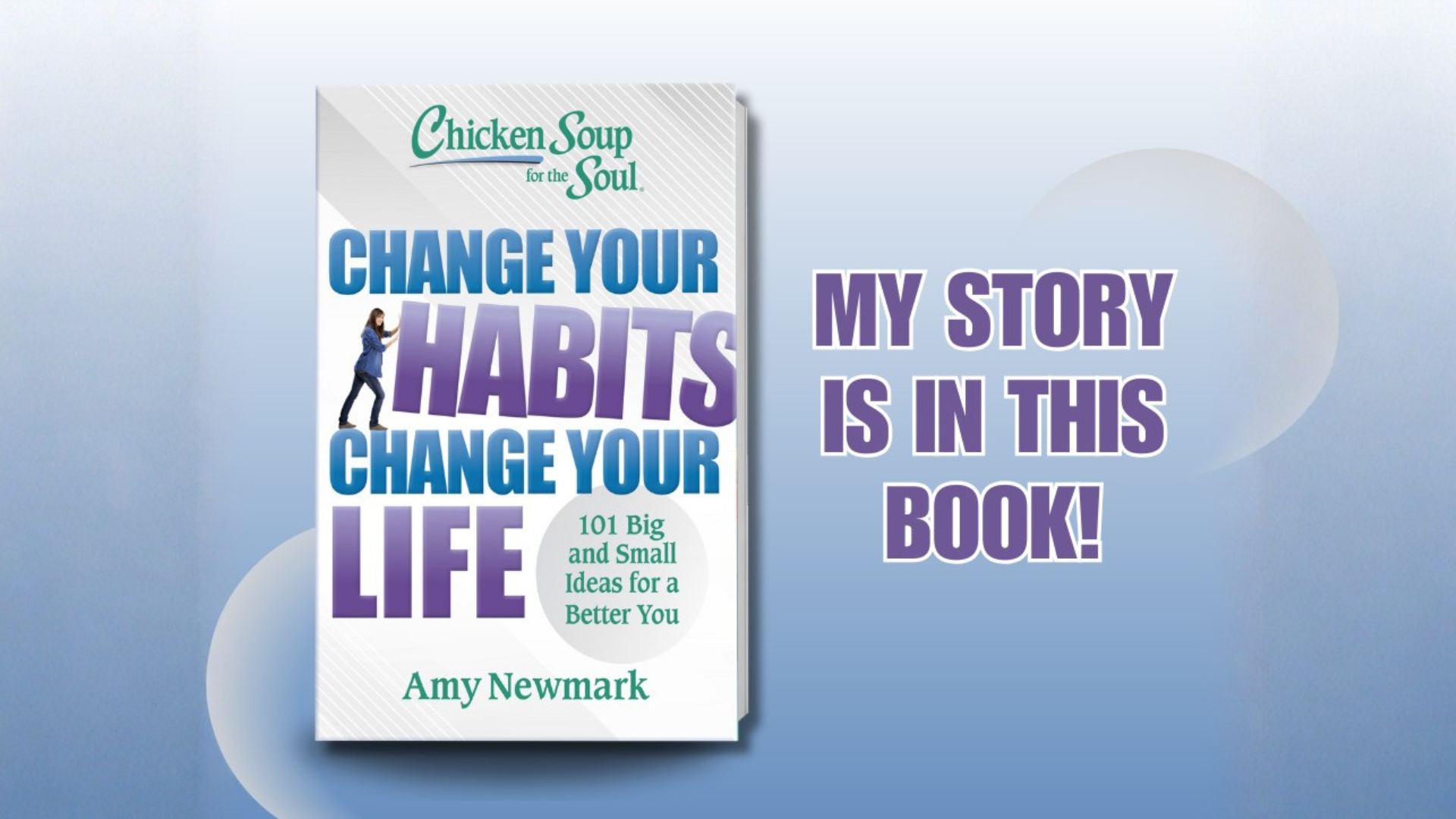Have you ever had the kind of day where it feels like nothing can go right? By the time you arrive at work you’re feeling “off”. You may even announce “Today’s going to be a bad day.” By nightfall, you’re proven right.
The triggers for a bad day are endless. Waking up late, heavy traffic, a slow barista, forgotten wallet. It doesn’t take much for an annoyance to become the finger-flick that starts a long line of dominoes-of-frustration from falling. The small stuff escalates and throws off how you show up for the big stuff – your first client meeting of the day, a big presentation or an outing with your family.
I used to have a lot of those days. Once my energy was off, everything was off. Then, I learned how to stop it from happening. Here’s an example.
The other morning, my car wouldn’t start. It turned out the battery for my key fab was too low. (Apparently that warning light for the last two months was legit.) It was blocking another car. In the old days this would have been the finger-flick that started the dominoes falling for an official “bad” day. I found the spare key and off I went.
As I was heading to my first appointment of the day (now late), I became acquainted with the slowest-driving truck driver in all of London. Another potential domino in a bad day. To be transparent, I felt agitation brewing (20km/hour, come on), but I stopped the emotional reaction as it started.
Next, when I picked up the workbooks for my afternoon workshop, they were the wrong size – like who could read that tiny font? Trouble shooting time once again. The printing company was amazing. They reprinted the workbooks and delivered them across town just as the first exercise was about to start. Gold star for customer service.
This was just a taste of the cascade of random obstacles that were part of that morning. If I let any one of them bother me, it would have made for a really frustrating day. All of it could have added up: the being late, the software program that kept freezing, the incorrect workbooks, the juggling too much with too little time.
Even so, I loved the day. I wasn’t stressed or frazzled, I was actually quite enthusiastic and content. The fact that I had such a tight, minute-by-minute morning booked was not the truck driver’s fault, nor the computer’s, nor the barista’s – it was mine. I chose to stay an extra night at the lake (boohoo for me, right?) and was jamming my morning to get everything done.
So how can you stop a bad day as it starts – even if it feels like one thing after another is going wrong?

Well, a lot of advice from speakers in my professional development space would include: “Plan better.” “Don’t procrastinate.” “Don’t overload your schedule.” “Be more organized.” If you are disciplined enough to consistently implement all of this advice a) let me bow down before you and b) then you know, it still doesn’t protect you from having plans go sideways – it’s called life.
These are all excellent proactive strategies that, in advance, will help minimize the risk for a bad day, and, in the moment, will do nothing to stop the train wreck of a day you’re having.
The only true way to stop a bad day in its tracks is to not allow the frustration from one annoyance to snowball into the next. By quickly processing and dealing with each issue independently, then you can move forward to deal with the next obstacle with a fresh perspective that is untainted by the last.
Logically it makes sense. Each obstacle is independent of the other. The barista had nothing to do with the traffic which had nothing to do with the laptop issues which had nothing to do with the printer mix up.
Unfortunately, logic doesn’t always translate into practice. It’s easy to lump small issues together compounding their impact and that’s what creates the annoying, frustrating days we want to avoid.
The answer is being disciplined in the emotional capacity you assign to each obstacle.
Just because something goes wrong, you do not need to emotionally react to it.
Let me repeat.
Just because something goes wrong, you do not need to emotionally react to it.
We assign way too much of our emotional capacity to minor obstacles that don’t deserve our focus. To deal with obstacles that happen on a daily basis we need to go into problem-solving mode. What is not needed is extra drama. Catastrophizing small issues into big ones makes the small issues exponentially harder to overcome effectively.
Save your emotional reactions for the real stuff that matters, not the small pebbles along the way. And, even if you emotionally react to something annoying like bad traffic (After all, you are human.) that emotion does not need to stick. It doesn’t need to fester and become a larger issue that impacts your perspective for the obstacle you’re bound to face next.
The lens through which we see each obstacle on our path needs to be fresh and free from negative emotional clutter of the last. Look at obstacles as individual occurrences, not as a series of dominoes that you then link together to make a bad day. The most frustrating days are generally the accumulations of these minor occurrences that are given too much attention – and that robs your capabilities to perform optimally when you’re at work.
This is everyday resilience in action.
Activate This: To stop the cycle, accept the obstacles as they come. Recognize your reaction to daily challenges. What’s the trigger, what’s your response and are you letting the intensity of a past issue domino into another?
Want more? Check out my book, Married My Mom, Birthed a Dog: How to Be Resilient when Life Sucks!
Let me know in the comments below. Have you had a “bad” day that escalated because of stupid obstacles that threw off your day? How do you stop a frustrating day in its tracks?


